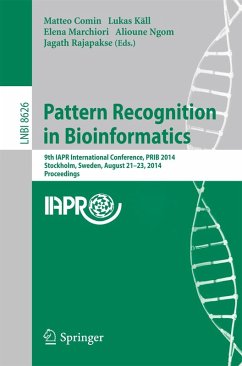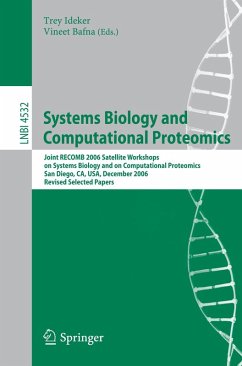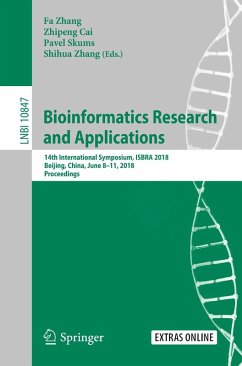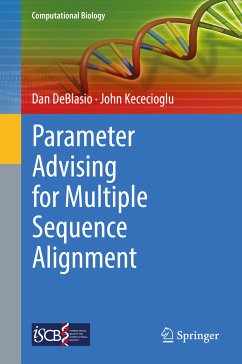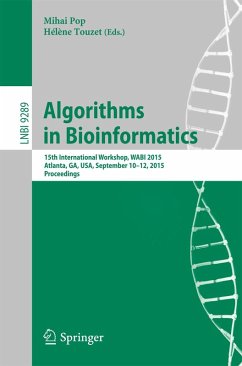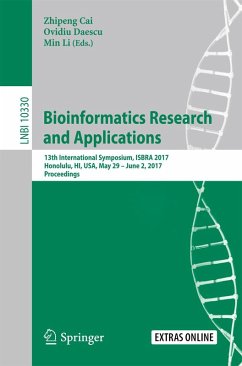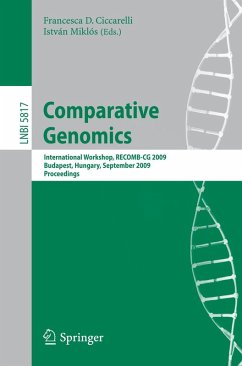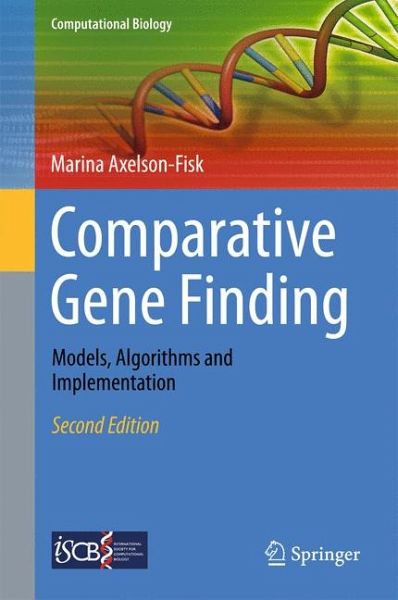
Comparative Gene Finding (eBook, PDF)
Models, Algorithms and Implementation
Versandkostenfrei!
Sofort per Download lieferbar
72,95 €
inkl. MwSt.
Weitere Ausgaben:

PAYBACK Punkte
36 °P sammeln!
This book presents a guide to building computational gene finders, and describes the state of the art in computational gene finding methods, with a focus on comparative approaches. Fully updated and expanded, this new edition examines next-generation sequencing (NGS) technology. The book also discusses conditional random fields, enhancing the broad coverage of topics spanning probability theory, statistics, information theory, optimization theory and numerical analysis. Features: introduces the fundamental terms and concepts in the field; discusses algorithms for single-species gene finding, a...
This book presents a guide to building computational gene finders, and describes the state of the art in computational gene finding methods, with a focus on comparative approaches. Fully updated and expanded, this new edition examines next-generation sequencing (NGS) technology. The book also discusses conditional random fields, enhancing the broad coverage of topics spanning probability theory, statistics, information theory, optimization theory and numerical analysis. Features: introduces the fundamental terms and concepts in the field; discusses algorithms for single-species gene finding, and approaches to pairwise and multiple sequence alignments, then describes how the strengths in both areas can be combined to improve the accuracy of gene finding; explores the gene features most commonly captured by a computational gene model, and explains the basics of parameter training; illustrates how to implement a comparative gene finder; examines NGS techniques and how to build a genome annotation pipeline.
Dieser Download kann aus rechtlichen Gründen nur mit Rechnungsadresse in A, B, BG, CY, CZ, D, DK, EW, E, FIN, F, GR, HR, H, IRL, I, LT, L, LR, M, NL, PL, P, R, S, SLO, SK ausgeliefert werden.




